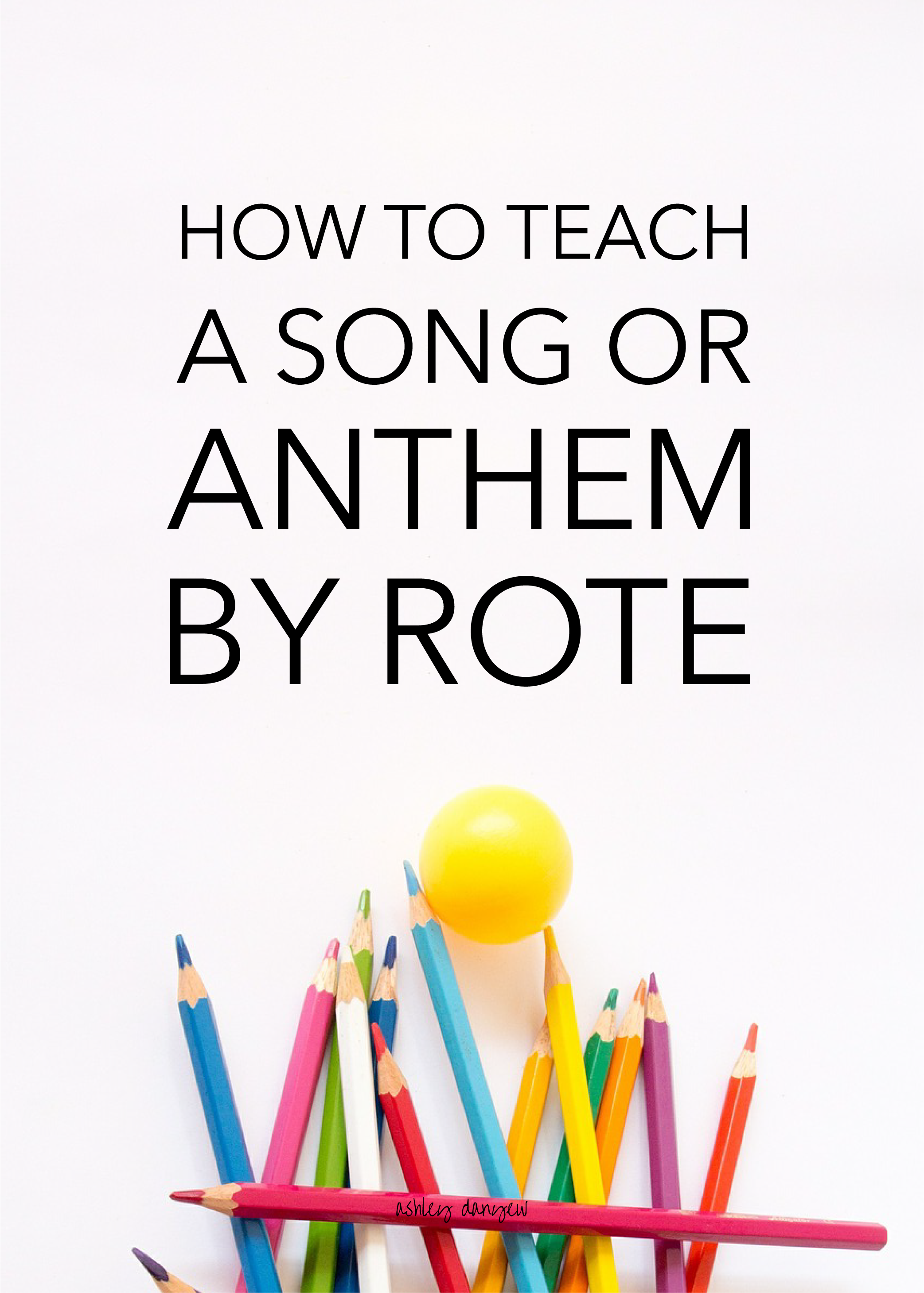Summer is almost here! Time for watermelon and slow evenings on the patio, travel adventures and long, early morning walks, a slower pace and simpler Sunday morning services (we hope!).
For many of us, summer means a break from choir rehearsals; but that doesn’t mean they can’t sing during the summer months!
Spend your last rehearsal of the year prepping a few easy anthems to do throughout the summer, then meet for 30 minutes before each service to review parts and get warmed up. Do a pick-up choir once or twice a month, or put together an ensemble one week.
This is a great way to keep people connected during the summer months and a wonderful way for new people from your congregation to see what choir is like without making a year-long commitment.
Related post: The Case for the Summer Choir
I usually try to stick with anthems that are easy and accessible - not too challenging melodically or rhythmically and without a lot of divisi. You may even look at unison/2-part or SAB anthems. If you have a few capable singers that are available to sing one Sunday, pull an SSA or TTB piece and put together a ladies’ or mens’ trio. The possibilities are endless!
Looking for a few suggestions? Here are 12 of my favorite anthems for summer (in no particular order):










![Handbell Notation Guide [Infographic]](https://images.squarespace-cdn.com/content/v1/585c710603596e2c47dad93e/1491403915874-P2UH6FM8J1W1HM4UWP17/Handbell+Notation+Guide-02.png)






